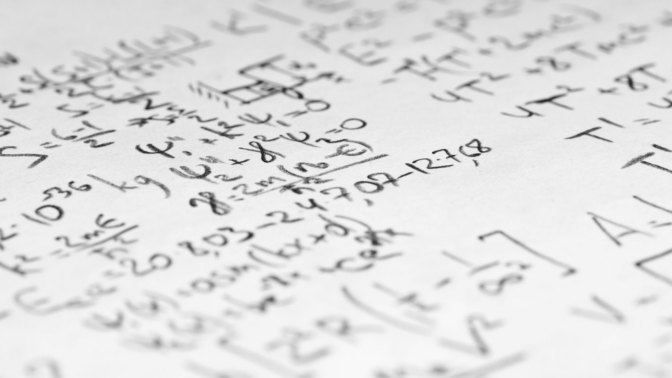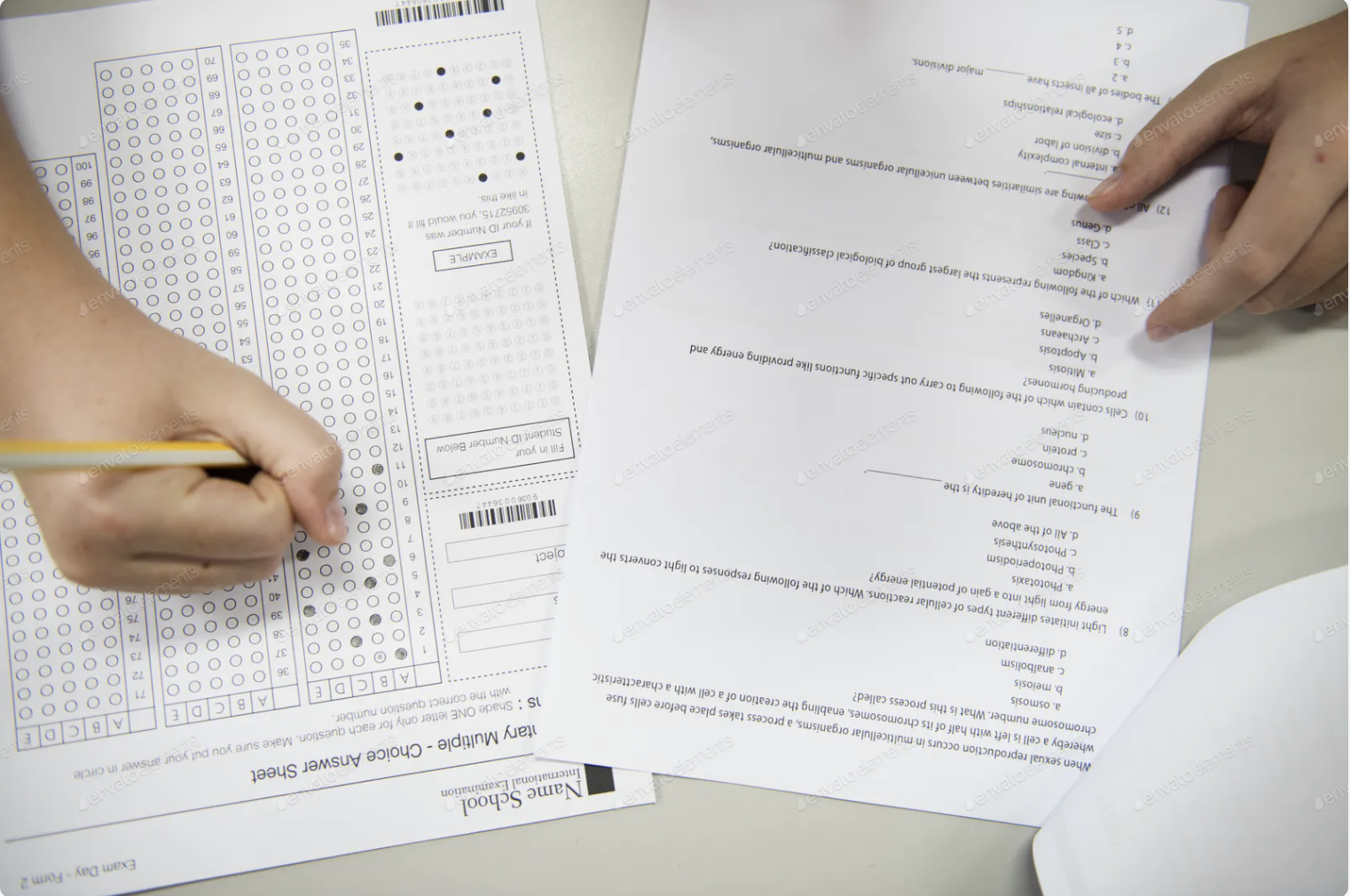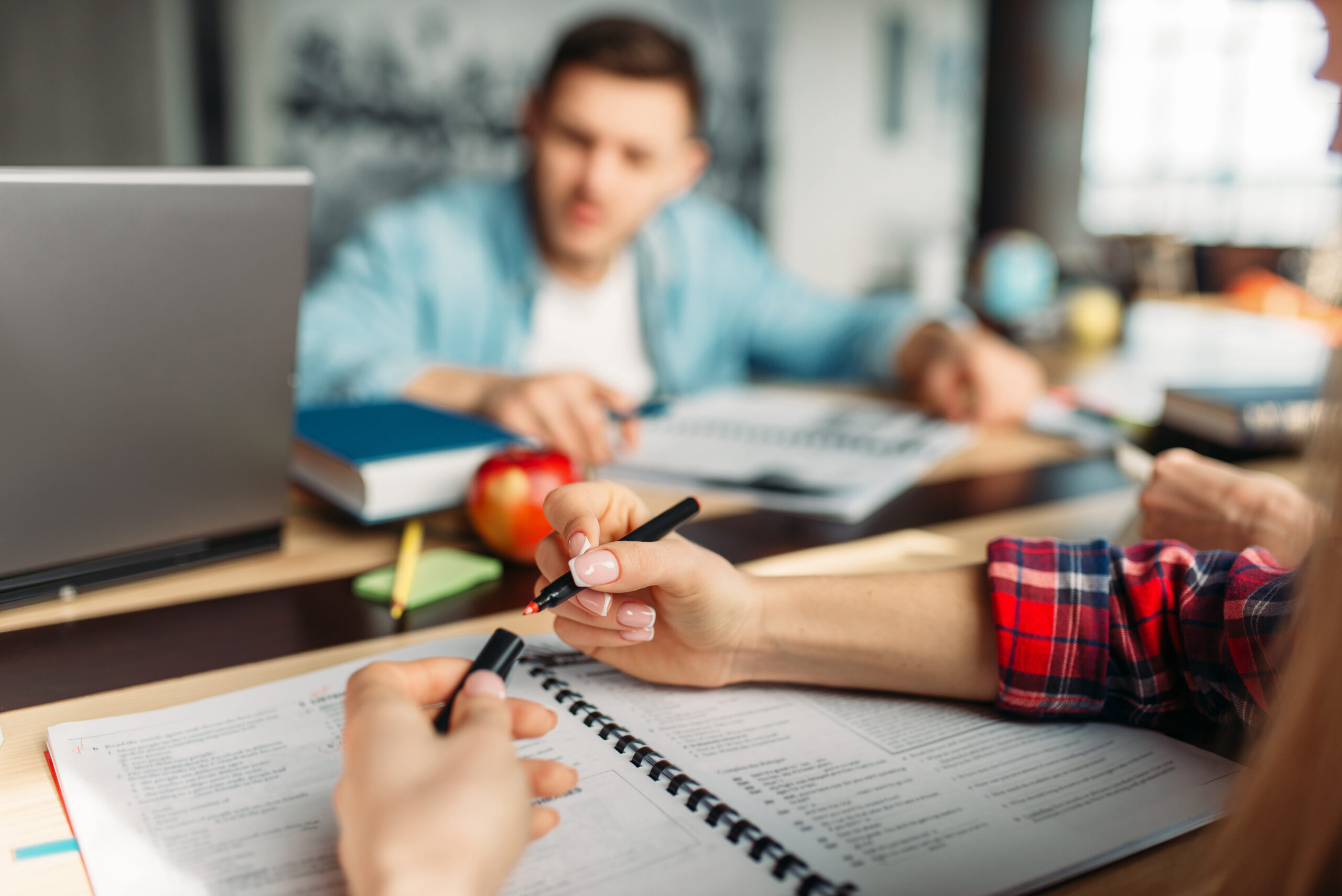Improve your IB Physics revision skills

How to improve your IB Physics revision skills, fast!
It is easy to tear through your IB Physics revision by reading one study guide and then the next. You feel great, you feel that you are making progress, but does it stick?
Will you be able to recall the important facts in your final IB Physics exam?
We talk to Steve about how you can revise to avoid losing valuable marks in your final IGCSE and IB Physics exams. Whether SL or HL these tips will help.
Steven is a teacher with over 20 years of experience and has been an assistant principal. He now teaches with TutorsPlus and helps students prepare for their IGCSE and IB exams.
Note – this article relates to the the syllabus with last examinations in 2024.
For more information on our IB Physics HL and SL tutors click here.
Interviewer: Thanks for joining us today to talk to us a little bit about study skills and science and, more specifically, physics. I know that you have over two decades of experience teaching physics, you are a former assistant principal, and we are lucky enough to have you on our TutorsPlus teaching team. First, perhaps you could tell us a little bit about what you would recommend students do to improve their study skills in science.
Steve: The only thing that we’ve got to do, we’ve got to deal with the theories on the course. We’ve got to learn it thoroughly.
IB Physics is a particularly precise subject.
You have got to know exactly what Newton said in his three laws. Not have a rough guess at it. You have got to know exactly, and I think the way to do that is to take your time and actually learn it confidently. Now, you said I have been teaching physics for 20 years, I have been playing the guitar for a lot longer than that but I am still learning.
I am always learning, so I have actually got myself a guitar tutor. We meet online and we have a lesson once a week. It’s great but I realise that when I’m learning something new that I haven’t played before the only way I can do it is very slowly. I am going to play it and I am going to get every piece exactly right. Now that’s frustrating because what I want to do is I want to play it quickly, but if I am doing that all I’m really doing is practicing making a mess of it.

I find this with students trying to rush through Physics questions without making mistakes. There are no marks for getting there first.
We are going to do it slowly and again and again and again and again and again and then the speed comes. Let’s take our time with that. Let’s learn it slowly and let’s learn it completely.
There are some questions – I’m thinking of IB physics question – classic question, 2 marks, and it says “state Newton’s formula for gravitation in words.” OK, now the formula booklet tells you that F is equal to G multiplied by m1 and m2 and divided by the square of the distance R: F = G(m1m2)/R2.
They are not going to give you marks for writing that down. They want to know what that actually means. So they are going to say the force between 2 matters is directly proportional to the product of the masses and inversely proportional to the square of their separation. Now OK, it sounds like “how did he come up with that? Is the guy a genius?”
… No, I’ve just done it a lot of times and like you are learning the lines of a play, some things just have to be learned. And when you have got those foundation blocks in place, the understanding will flow from it.
So, take your time to learn the stuff very well, learn it intimately, and then the understanding can build from it.
Interviewer: Do you have any advice on how to really ensure those facts are consolidated in your memory?
Steve: Yes, I’ve got a nice big, long list that I give to students and then I test them on it and I want to hear them say that the force between two masses is in direct proportion to the product of the two masses and inversely proportional to the square of the separation.
Why do we need to learn that? Because I know full well that in an IB exam paper they might say exactly that and there are 2 marks. Will I be happy with one of those marks? Am I going to kind of fudge an answer and make it up at the time? Maybe come away with nothing. It’s not worth it. I could learn just those specific things quite easily. There aren’t a huge number of them. I would say there are about 20, 25 of those specific things and initially we think oh wait a minute that’s a lot of learning. No, it’s not because you probably know some of them already.
First, we’ll learn, 2 this week. Second, we’ll learn the ones that are to do with capacitors next week when we are doing capacitors. Next, we’ll learn the ones that are due to simple harmonic motion the week after, and we’ll practice some questions on those. Finally, we’ll put the pieces together and then go back to the specification, to the syllabus, and find that we have worked it through.
Book free trial with our certified IB Physics teachers today
100 % of tutors are certified teachers and examiners
We’ll make sure we know every single part of the syllabus so that we are ready to answer whatever the exam board can throw at us. They can only answer questions that are in the course. If we learn the course, we can answer the questions.
Interviewer: And how about further down the school when you are thinking about years 7, 8, 9, and perhaps even 10?
Steve: The foundations that there are – we might not be gearing up for an external exam – but we’ve still got to get ourselves into the training of learning things. We are learning to learn, aren’t we? So we are going to start with the same techniques. The next step is to learn something completely and then we are going to build on it and practice our learning.

Do lots of past questions, making sure that you can address all the aspects of the course.
So, we have got to organise our time, but let’s not spend too long on the organisation so that we don’t have time to put our plan into action. We’ve also got to get something done, using that time well in order to think “what do I need to do? Let’s get on and do it.”














